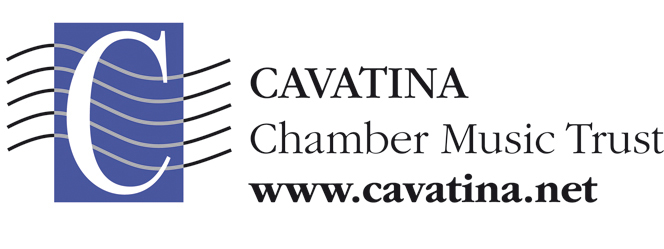Spanish society in the mid-18th century established Madrid as its cultural reference point. The city where Farinelli, Scarlatti, and later Brunetti and Boccherini had settled, showed connections to the new compositional currents in Europe at the time.
After the age of Enlightenment, some of the most interesting, sophisticated and elegant works in the field of new chamber music were composed. Without doubt, the string trio was one of the prevalent formations in the Spanish salons of the 18th century. The three composers present in this concert program were a good example of the music composed for two violins and cello during the reign of Carlos IV.
In addition to the music composed in Madrid by composers such as Boccherini or Brunetti, the new enlightened society was enjoying the new musical currents that travelled the continent through organizations such as the Economic Societies of Friends of the Country that emerged during the second half of the 18th century and whose purpose was to promote "mathematics, physics, history, literature, geography, theatre sessions and music concerts" (1748). A clear example are the trios by the Navarrese composer José Castel which are included in this programme.
This programme, performed in the round, brings together chamber music composed both for the court of a music lover king and for a civil society eager for science and culture, shows a Spain connected to the most innovative musical currents of the time.
This concert is co-presented by Instituto Cervantes and the Spanish National Centre for the Promotion of Music (part of the Spanish Ministry of Culture and Sport’s National Institute of Performing Arts and Music (INAEM)), in collaboration with the Embassy of Spain in the United Kingdom. It is part of Proyecto Europa’s Beyond the Spanish Golden Age programme, and falls within Spain's Recovery, Transformation and Resilience Plan, with funding from the European Union’s NextGenerationEU.
If you would like CAVATINA tickets, please email [email protected]


